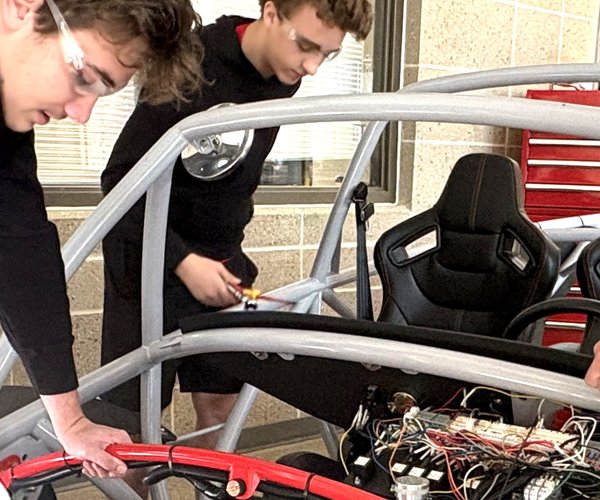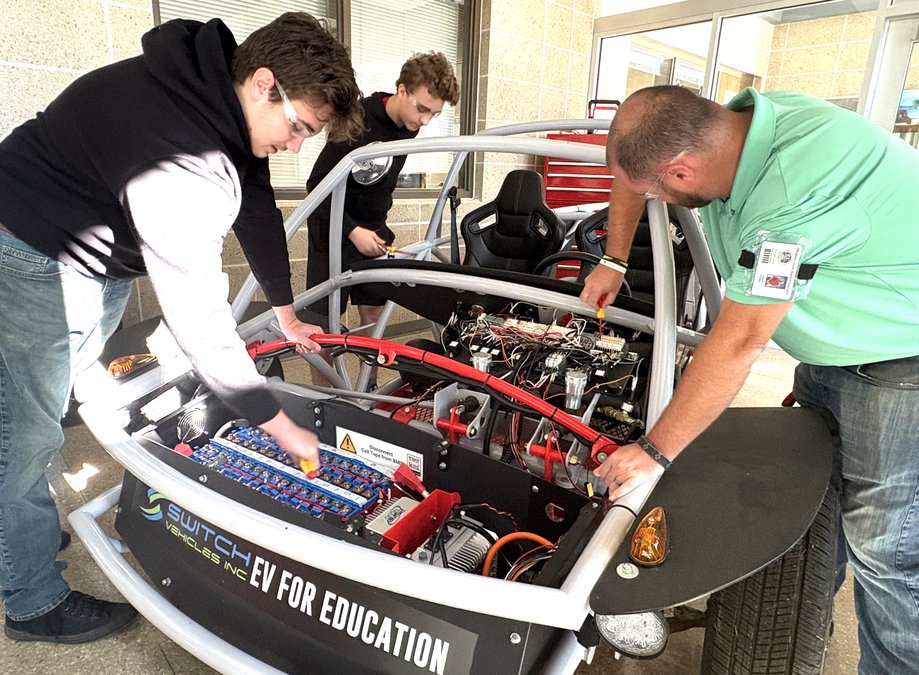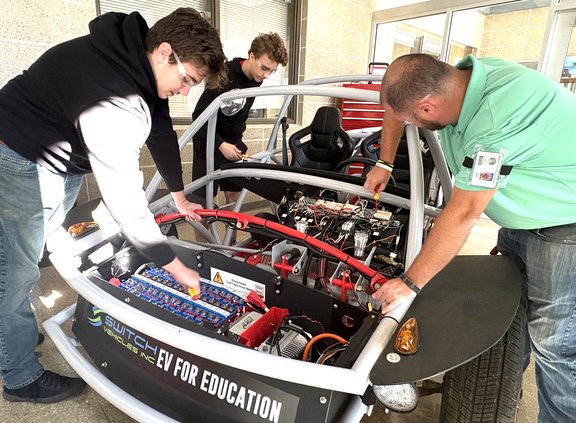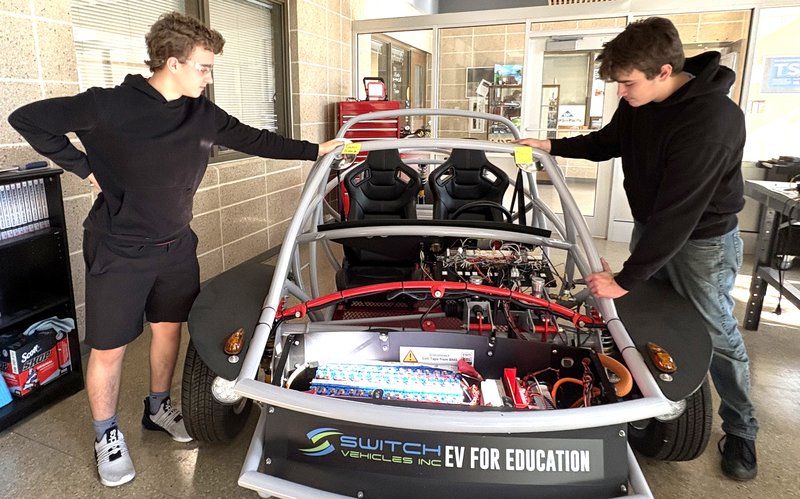In testimony before Congress, Georgia Ports Authority Director of Administration Jamie McCurry pushed Wednesday the need for greater federal funding for harbor maintenance and modernization.
House Ways and Means subcommittee members heard from industry professionals regarding Harbor Maintenance Trust Fund (HMTF) spending. At present, the HMTF holds an uncommitted balance of $6.1 billion. In FY2010 alone, $1.2 billion in harbor maintenance taxes were collected, while only $793 million was spent on dredging and related maintenance, its intended purpose.
“Because maintenance dredging has been underfunded and the modernization of harbor channels constrained, the U.S. is missing out on the full job growth that can come through world trade,” McCurry said. “New, larger ships serving global commerce offer dramatically lower operating costs and decreased environmental impacts as more goods can be carried on fewer ships.”
GPA Executive Director Curtis Foltz said the trust fund has long needed attention.
“We applaud the Ways and Means Committee for holding hearings on this vital issue,” Foltz said. “This was also a good opportunity to deliver the message of the critical role the Ports of Savannah and Brunswick play in the national economy.”
While Savannah is home to the nation’s fourth busiest and fastest growing container terminal, the Port of Brunswick is now the fifth busiest port for the import/export of automobiles and machinery units. Georgia’s deepwater ports serve a region covering all or part of 18 states, encompassing 44 percent of the U.S. population and 42 percent of all job-creating companies in the nation.
Foltz said the delay caused by underfunding harbor maintenance — and its related costs to U.S. exporters and importers — will only grow as shipping companies move to larger vessels.
“These companies must limit expenses in order to remain competitive,” he said. “Mounting economic pressures are leading shippers to demand increased efficiency in a world where speed is the currency of the day.”
In his prepared statement, McCurry said the same logic holds true for deepening the Port of Savannah to more effectively serve the larger vessels set to transit the Panama Canal after its expansion in 2014.
“If these ships cannot access U.S. ports, we stand to not only forego the benefits of these vessels, but also to lose jobs and economic opportunities to the other countries around the world that can accommodate them,” McCurry stated. “It is therefore vital that this country both invest the necessary money to maintain authorized channel depths at our ports and to see that necessary expansion projects are completed in ports where deeper harbors are needed for the future.”
McCurry was invited to speak by Congressman John Lewis, the ranking Democrat on the Oversight Subcommittee, and subcommittee Chairman Charles Boustany Jr., and by Congressman Pat Tiberi, Chairman of Subcommittee on Select Revenue Measures.









